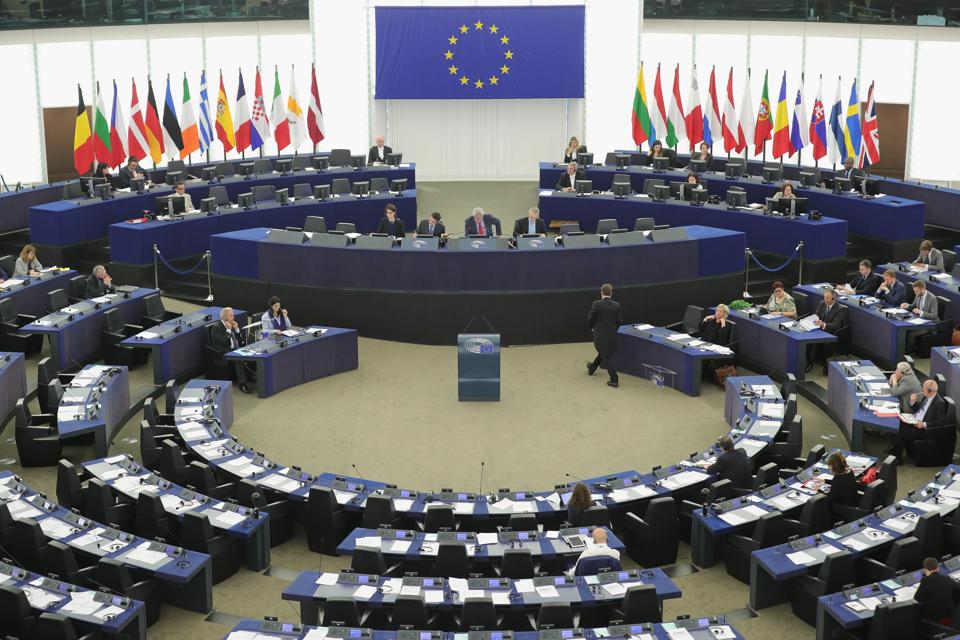On January 24, the Legal Affairs Committee of the European Parliament approved a proposal to delay the full enactment of the Corporate Sustainable Reporting Directive by two years. Once fully adopted, the proposal will delay the adoptions of sector-specific sustainability disclosure standards and reporting obligations for non-EU companies until 2026.
Adopted in November 2022, the CSRD created reporting obligations for both publicly traded and privately held businesses in the EU beginning in 2024. The directive called for the creation of European Sustainability Reporting Standards, the detailed processes used by businesses to report under the CSRD. The drafting of the ESRS was delegated to the European Financial Reporting Advisory Group. The EU adopted the first round of EFRAG’s ESRS standards in July 2023, to go into effect in 2024.
The ESRS, while featuring the term sustainability in the title, are inclusive of the broader environmental, social, and governance reporting requirements. The environmental ESRSs are designed to work alongside and incorporate the International Financial Reporting Standards Foundation’s Sustainability Disclosure Standards adopted in June 2023. The IFRS Sustainability Disclosure Standards will be used in 132 jurisdictions to address greenhouse gas emissions, climate action, and other green initiatives.
Initially, the ESRS will apply only to publicly traded and large privately held companies, but eventually will be expanded to include small and medium-sized businesses. Additionally, the ESRS will apply to non-EU companies that meet certain requirements based on revenue and presence in the EU.
The directive also called for sector-specific standards that subdivided the ESRS by industry, requiring businesses within a sector to report the same information. EFRAG initially attempted to release the sector-specific standards quickly after the general ESRS, however it ran into significant delays as the drafting turned out to be more complicated than originally considered. In late 2023, the EU announced that EFRAG was being instructed to postpone work on sector-specific standards. Instead, it was directed to help create better guidance for the general ESRS.
In September 2023, at the annual State of the Union address, European Commission President Ursula von der Leyen decried the overregulation of SMEs and called for a 25% reduction in their reporting obligations. This was a clear indicator that implementation of the CSRD would be delayed, and eventually reduced in scope.
As first reported by Mark Segal at ESG Today, the Legal Affairs Committee of the European Parliament adopted a new proposal that will delay implementation of the sector specific standards requirement of the CSRD until 2026, two years after the original implementation date. Additionally, the proposal will delay the adoption of the general sustainability reporting standards for non-EU companies until 2026. The proposal will now be negotiated with EU governments to create the final legislation.
In the press release, rapporteur Axel Voss (EPP, DE) said: “We will delay the deadline for sector specific standards under the Corporate Sustainability Reporting Directive (CSRD) by two years in order to give EFRAG the time to develop quality standards and give companies the time to put them into practice. Companies have been putting up with too much bureaucracy in years of crisis, from Covid to inflation.”
As ESG and sustainable reporting continues to face political backlash and legal challenges from the business sector, I expect there will be further changes to the CSRD, specifically as they impact SMEs.

